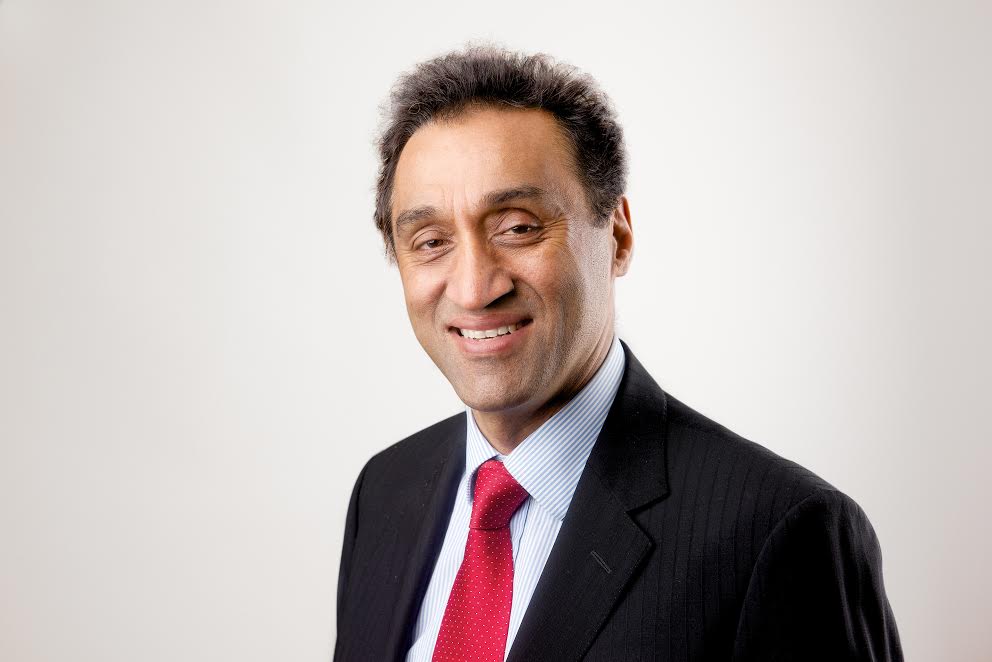Disabled people and deaf people are more likely to experience poor mental health. Around one in three people with chronic physical impairment experience a mental health problem, compared to one in four in the wider population. Deaf people are twice as likely to suffer from depression as hearing people, and around 40 per cent of people who lose their sight also develop depression.
Yet, it is still too hard for the disabled and deaf to access high quality mental health support.
The London Assembly Health Committee has been investigating what can be done to change this. Our report calls for a major shift in focus from the Mayor of London to make sure that his housing, transport, policing and economic plans work towards reducing factors that contribute to avoidable mental illness.
But disabled people and deaf people will still need to access mental health services sometimes, and should be able to do so in the same way that anyone else does. So what can GPs, therapists, counsellors, and the wider health and care profession do to break down the barriers?
In my GP surgery and others across the country we have leaflets and posters showing who you can contact for mental health support, but what if you are blind? What if you can't phone to get a doctor's appointment? We might put information on our website, but disabled people and deaf people are disproportionately locked out of the internet - one in four disabled people have never used the internet.
Finding ways for people to talk more about their mental health is vital. In an ideal world, people should be able to access talking therapies in their own language, whenever they need to. Evidence from SignHealth and BSL Healthy Minds shows that deaf people have better treatment outcomes when they work one-on-one with a signing therapist. Although commissioning challenges mean that local authorities often prefer to fund interpreters.
Imagine the difficulties in building a therapeutic relationship with someone when you have to relay your innermost fears and feelings through a third person. Training more professionals in British Sign Language would be a great step forward, although learning BSL to a good standard is a long term investment, not a quick fix.
Fortunately, there are some quick fixes to making services more disability and deaf friendly. Basic things like:
- Allowing people to contact you by email or text, not just by phone
- Ensuring all staff are trained in disability and deaf awareness
- Investing in ramps for wheelchair access
- Making sure you think about how you present information about your services in accessible formats and the language that you use
- Encouraging deaf people and disabled people to give feedback on how to make services more welcoming

